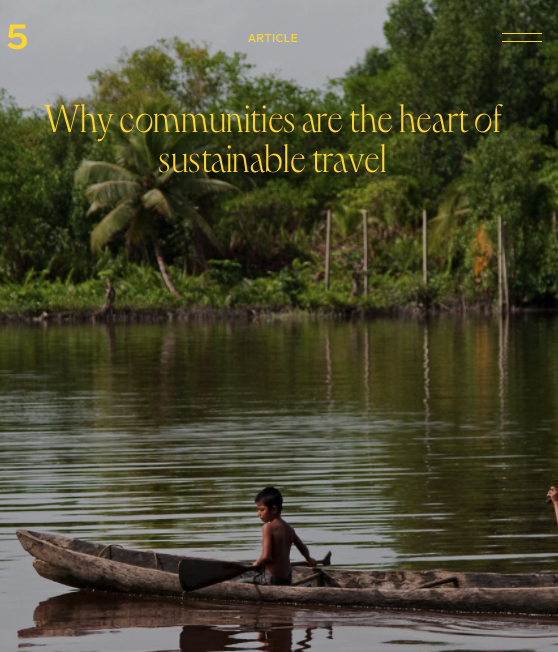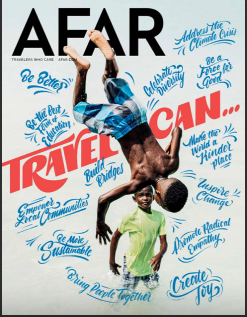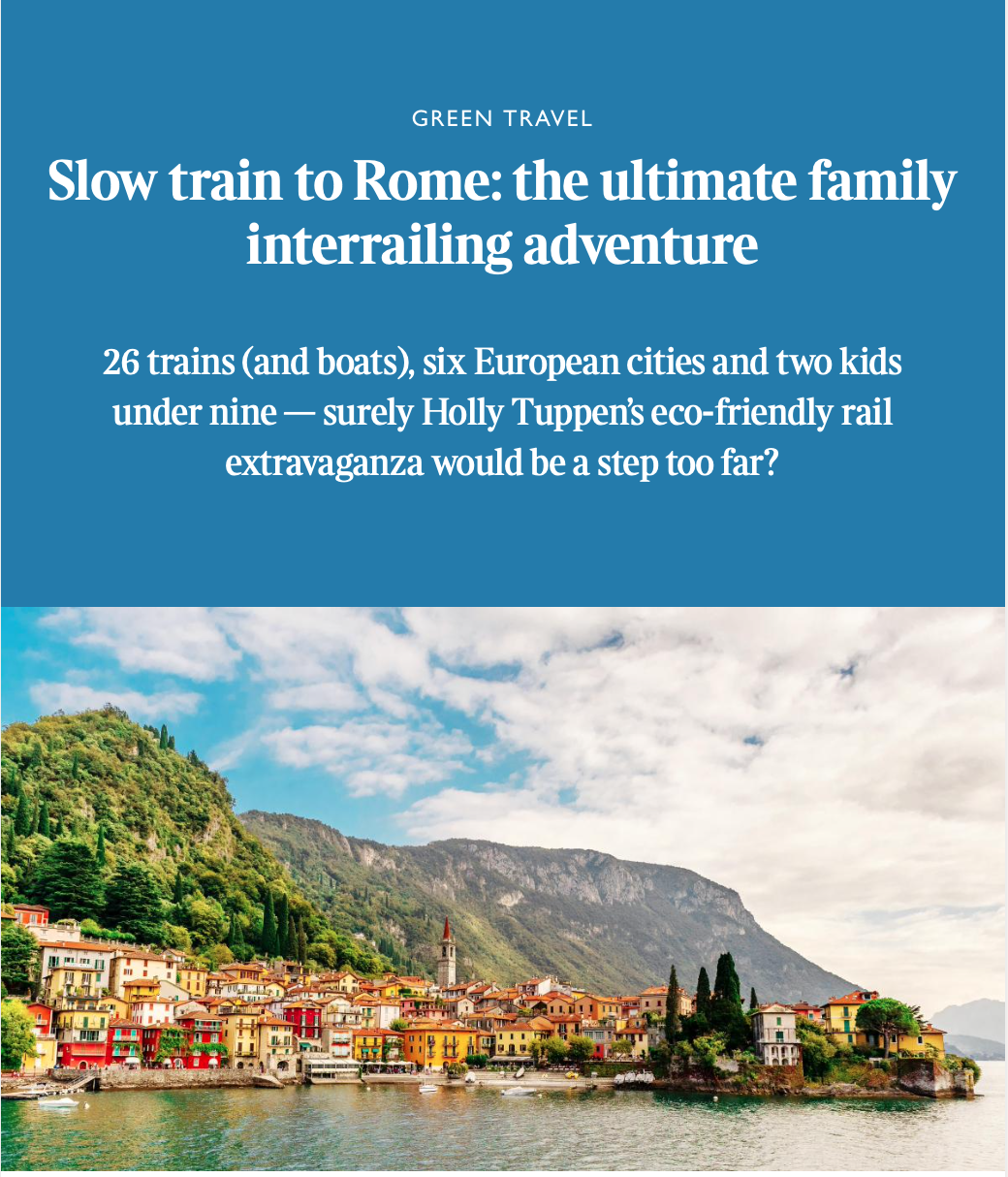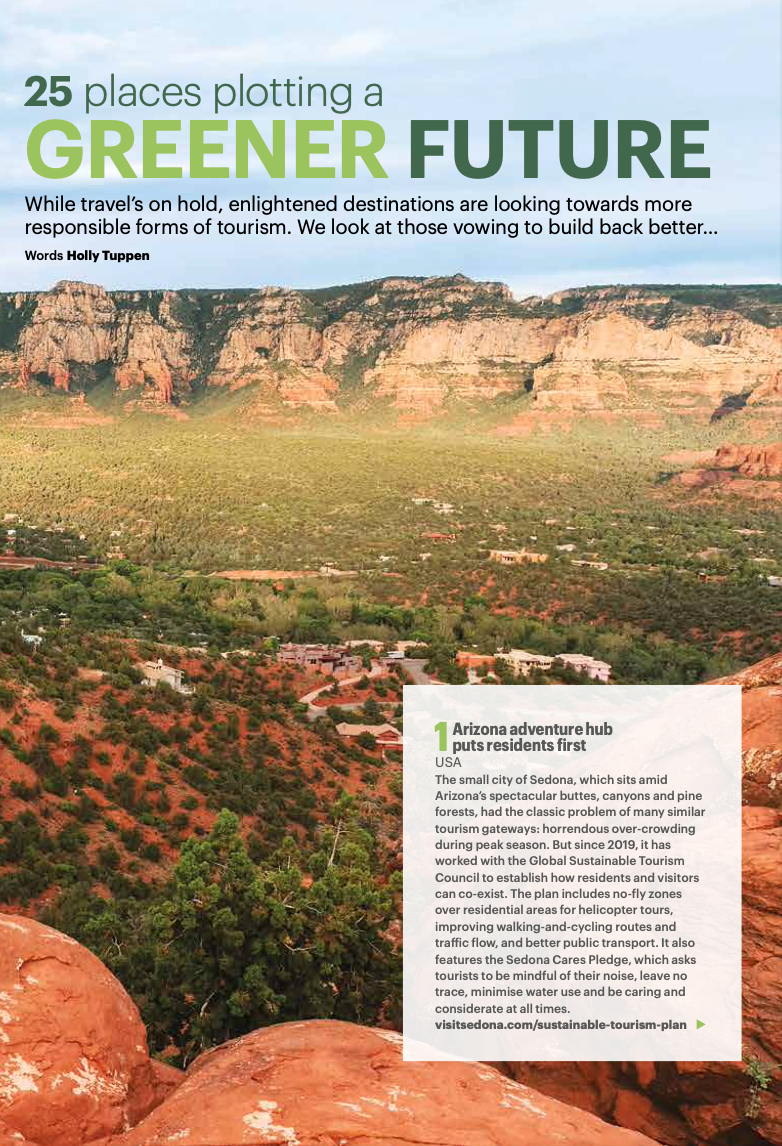Nightingales are synonymous with their beautiful song, but with populations declining in Britain, fewer people have the privilege of hearing it. That’s why folk musician Sam Lee is inviting listeners deep into the woods, after dark, to experience a unique musical collaboration – before it’s too late.
Sustainability expert and travel writer based in London.




















